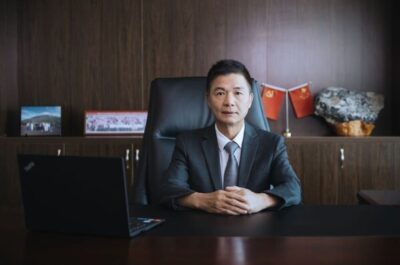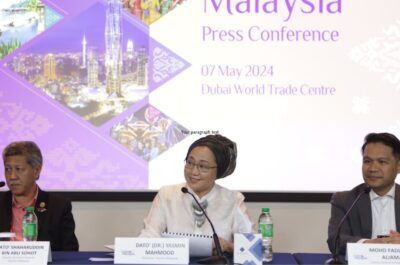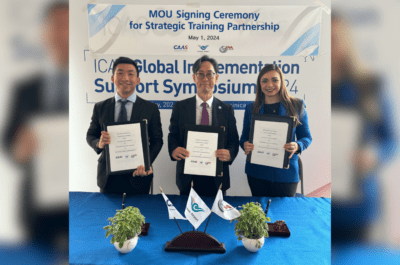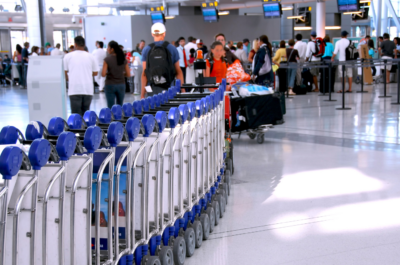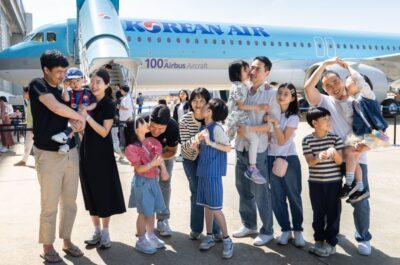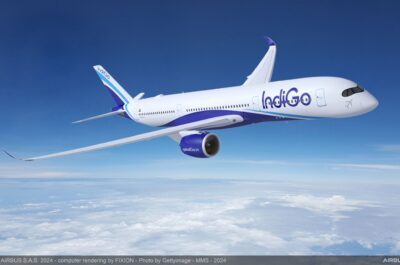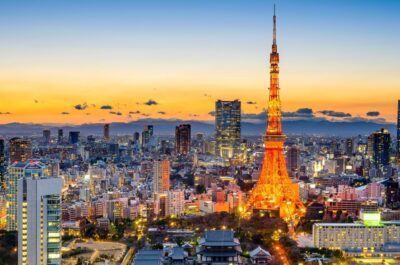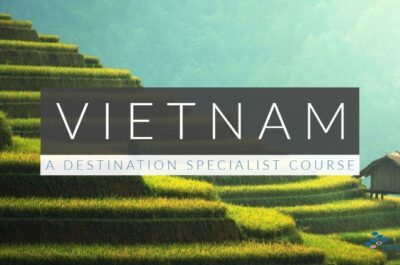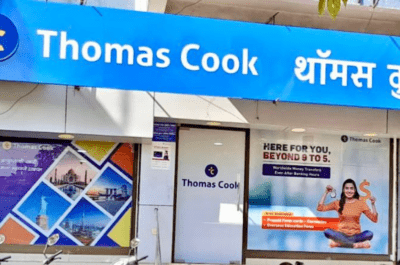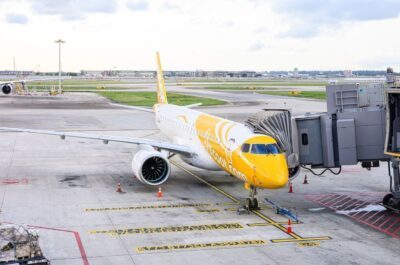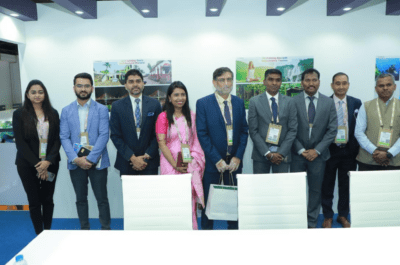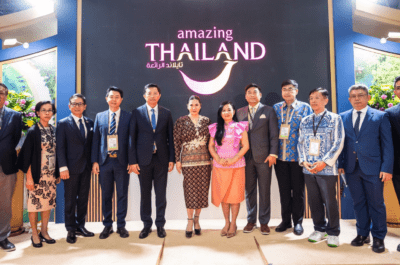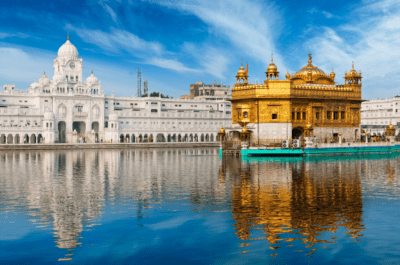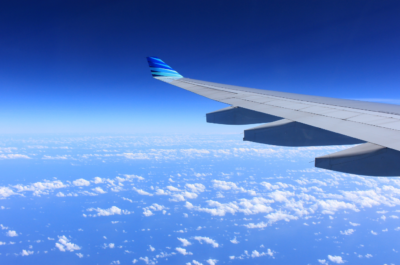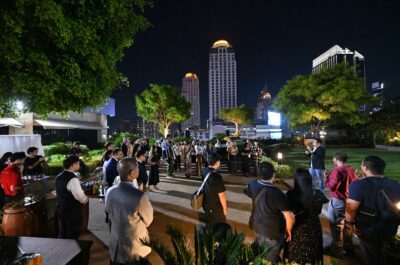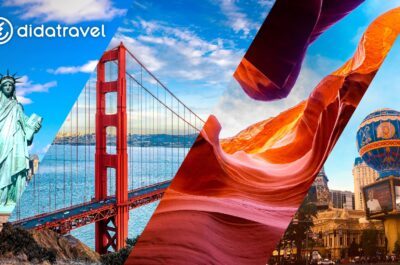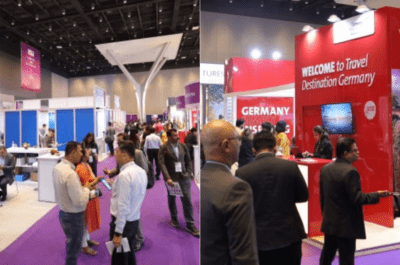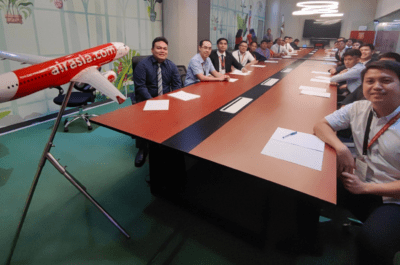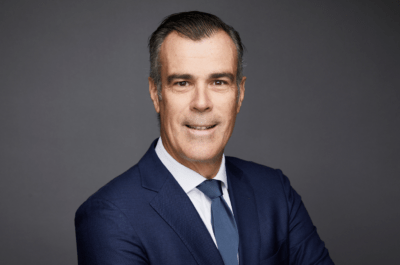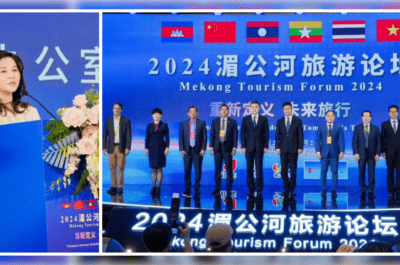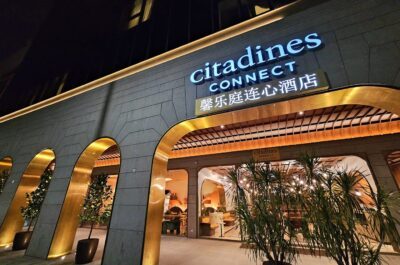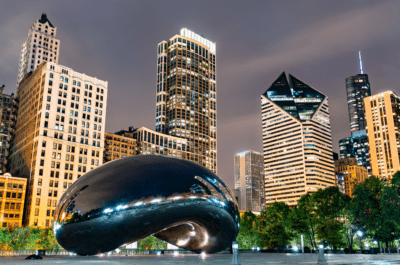Asia’s travel industry needs to take heed of the results of recent polls showing that Asian consumers and businesses are increasingly worried about the impacts of climate change, the Pacific Asia Travel Association said yesterday (3 April). "Some observers have suggested that Asia lags behind Europe and other regions in expressing concern about climate change," said…
 Asia’s travel industry needs to take heed of the results of recent polls showing that Asian consumers and businesses are increasingly worried about the impacts of climate change, the Pacific Asia Travel Association said yesterday (3 April).
Asia’s travel industry needs to take heed of the results of recent polls showing that Asian consumers and businesses are increasingly worried about the impacts of climate change, the Pacific Asia Travel Association said yesterday (3 April).
“Some observers have suggested that Asia lags behind Europe and other regions in expressing concern about climate change,” said PATA President & CEO Peter de Jong. “But these polls show that Asians are worried and the travel industry needs to be responding to these concerns.”
PATA is hosting the inaugural PATA CEO Challenge in Bangkok on April 29 -30, at which leaders from all sectors of the travel and tourism industry will meet to share practical initiatives and ideas to counter the effects of climate change.
“More than ever, there is a need for the travel industry to understand that our customers are demanding that we take action, proactively and decisively, to reduce our carbon footprint.”
A GlobeScan survey of 1,000 consumers from 20 countries in five continents between May and August 2007 found that people in Asia were generally more worried than Europeans that climate change would pose a threat to themselves and their family (8 in 10 or more in China, India, Indonesia and the Philippines compared to 74% in Italy, 69% in Britain and 58% in Germany).
However, the same survey showed that Asians felt far less empowered than Europeans to tackle climate change. Some 93% of Indonesians, 76% of Indians and 63% of Chinese felt there was little that individuals could do about climate change. Conversely, only 40% of Germans, 43% of British and 38% of Italians felt ineffective.
Asian business leaders are also worried. A Pricewaterhouse Coopers (PwC) survey of 1,150 CEOs in 50 countries, conducted between September and November 2007, found that 79% of Asian CEOs were worried that climate change would lead to rising energy costs.
A further 67% were worried about higher compliance and insurance bills; 59% about supply-chain disruptions; 46% about greater pressure from stakeholders to deal with climate change; and 46% about the physical damage climate change could inflict.
And finally a McKinsey&Company survey in March this year reported that 55% of consumers now believe that environmental issues, including climate change, will be the most important in the next five years, a 5% increase on 2006. Most notably, McKinsey said 51% of business executives now feel the same, a remarkable increase of 20% on only a year ago.
“The results are very clear,” said Mr de Jong. “Consumers are demanding that the travel industry, like all industries, be accountable for its impact on the health of the planet. That’s why we, as an industry, need to get on the front foot and start sharing innovative ideas and best practice solutions.”
Mr de Jong noted the PwC survey showed that nearly 75% of CEOs believe businesses needed to collaborate more effectively with each other to address climate change.
“And at least a third of those polled believe their company’s commitment to the mitigation of climate change will bring benefits such as stronger brands, an enhanced reputation or better access to talent,” he said.
“That’s certainly the feedback we’re getting from travel industry leaders who are coming to the Challenge. They appreciate the urgency of the situation and genuinely want to work on effective solutions, either individually or in collaboration.”
Mr de Jong said Asian hoteliers, tour operators and industry players who believed climate change was not a significant issue were not only out of touch with consumer attitudes, but also ran the risk of encouraging governments and regulators to act on their behalf.
“The nature of tourism makes it a soft target for lobby groups and regulators. The truth is, if we don’t self-regulate, and quickly, governments will do it for us. And that’s where the pain will be.”
Theodore is the Co-Founder and Managing Editor of TravelDailyNews Media Network; his responsibilities include business development and planning for TravelDailyNews long-term opportunities.
